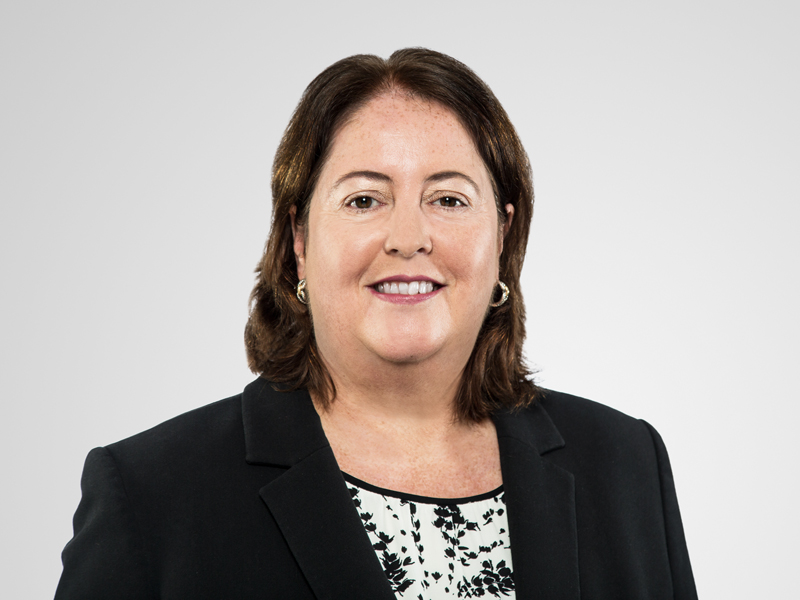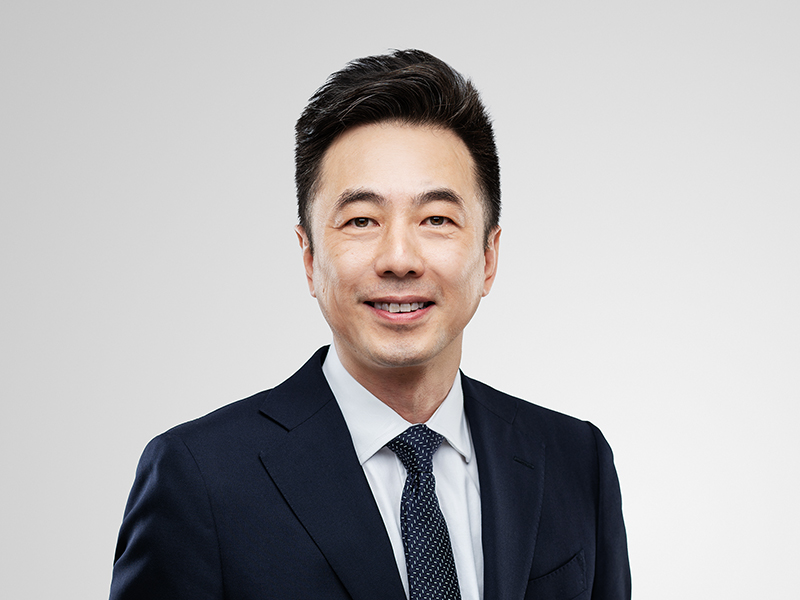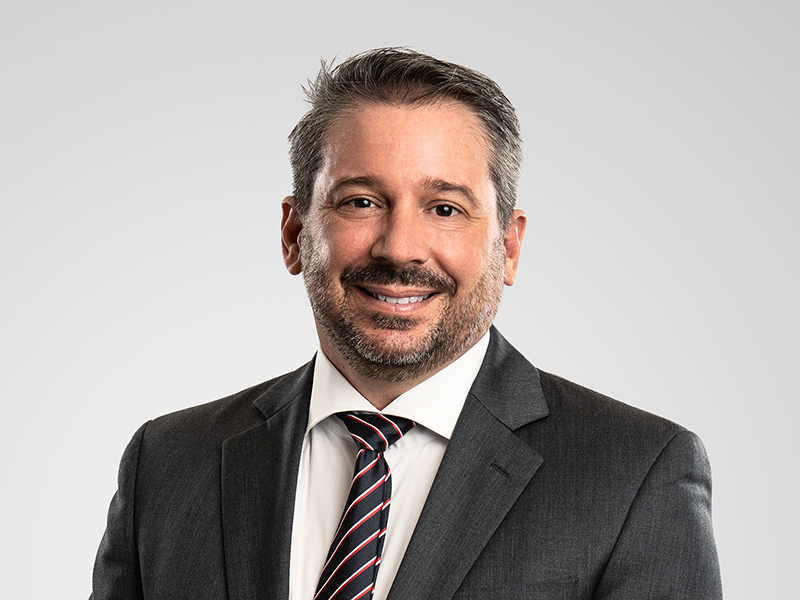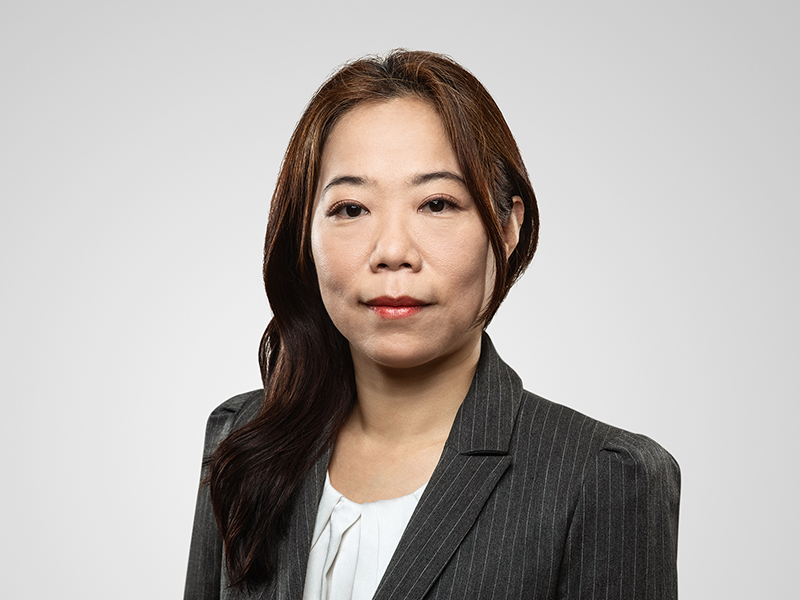Cayman Islands fund structures: A widely used option for US dollar-denominated funds
The Cayman Islands continues to be a commonly used jurisdiction for the formation and administration of US dollar-denominated investment funds. It is known for its alignment with global investor practices, a well-established legal framework, and familiarity among fund participants and their advisors.
This article outlines key features of Cayman fund vehicles, the types of managers and strategies that use them, and how other jurisdictions such as the British Virgin Islands (BVI), Hong Kong, and Singapore are also being considered for complementary structuring options.
Jump to a section:
Overview of Cayman fund structures
Structural characteristics and legal entities
Use by fund managers across regions
Jurisdictional developments in BVI, Hong Kong, and Singapore
Use of BVI Approved Managers alongside Cayman funds
Trust and company services: core operational elements
Compliance and ongoing obligations
Outsourcing reporting and AML functions
Overview of Cayman fund structures
The Cayman Islands is one of several jurisdictions commonly used by fund sponsors and investment professionals to establish pooled investment vehicles. Its legal and regulatory system is based on English common law and is recognised by stakeholders across the global investment industry. Cayman’s framework includes various fund types and governance models that can be configured to meet different operational needs.
Structural characteristics and legal entities
Fund vehicles in Cayman can be established using different legal forms, including:
- Exempted companies: frequently used for open-ended and closed-ended fund strategies
- Segregated Portfolio Companies (SPCs): supporting multiple portfolios within a single legal entity
- Limited partnerships: often used in private capital structures
Each structure is subject to a defined set of rules under local legislation and may be classified as a regulated or unregulated vehicle depending on its configuration and the investor profile. These entities are also subject to international regulatory frameworks such as the Foreign Account Tax Compliance Act (FATCA), the Common Reporting Standard (CRS), and applicable anti-money laundering (AML) provisions.
Use by fund managers across regions
Cayman structures are used by a broad spectrum of managers operating from the United States, Asia, the Middle East, and other financial centres. Use cases include master-feeder funds, parallel fund structures, co-investment vehicles, and managed accounts. Sponsors range from early-stage managers launching their initial products to institutional managers overseeing multi-strategy platforms.
The regulatory and legal framework in Cayman is designed to support a variety of investment mandates across asset classes and geographies.
Jurisdictional developments in BVI, Hong Kong, and Singapore
While Cayman continues to be used by many global managers, other jurisdictions have developed alternative fund regimes that may suit different regional or operational objectives.
BVI
BVI offers fund vehicles under its professional and private fund regimes, as well as an approved manager licensing option for investment managers. These are sometimes used by sponsors seeking streamlined operational models, particularly in early stages of fund development.
Hong Kong
The Open-ended Fund Company (OFC) and Limited Partnership Fund (LPF) regimes were developed to facilitate capital pooling and private investment strategies within Hong Kong. These structures are being adopted by fund sponsors, family offices, and local asset managers.
In practice, managers and legal counsel often coordinate use of multiple jurisdictions depending on geographic focus, investor composition, and strategic goals.
Singapore
Singapore’s Variable Capital Company (VCC) framework is designed for funds operating within or targeting Asia-Pacific markets. The structure accommodates umbrella and sub-fund formats and may qualify for certain local tax schemes where applicable. Licensing and reporting obligations require the presence of a Singapore-based fund manager.
Use of BVI Approved Managers alongside Cayman funds
A number of fund sponsors choose to combine a Cayman fund structure with a BVI Approved Manager. The Approved Manager regime permits qualifying entities to manage certain types of funds with reduced licensing requirements, subject to thresholds.
This combination is used in circumstances where operational simplicity and cost planning are key considerations, particularly among first-time or emerging managers. Harneys Fiduciary regularly assists clients establishing this model and meeting ongoing filing and compliance requirements in both jurisdictions.
Trust and company services: core operational elements
Regardless of jurisdiction, trust and company services are essential for legal establishment and ongoing administration. These include:
- Formation and registration of entities
- Provision of registered office and corporate secretarial services
- Maintenance of statutory registers and filings
- Appointment of directors or officers where required
- Coordination with local authorities for annual returns and other obligations
These functions form the backbone of a compliant and well-governed structure. Harneys Fiduciary provides integrated trust and company support aligned with the legal standards of Cayman and other jurisdictions.
Compliance and ongoing obligations
Cayman entities are subject to a range of compliance measures, including:
- FATCA and CRS registration and reporting
- Maintenance of beneficial ownership registers
- Appointment of AML officers (AMLCO, MLRO, DMLRO)
- Economic substance assessments where applicable
- Annual regulatory filings and audits
These obligations apply to most Cayman fund entities and vary depending on classification and investor base. Harneys Fiduciary provides guidance and execution support across these areas to reduce administrative burden and enhance governance.
Outsourcing reporting and AML functions
Given the scope and complexity of regulatory filings, many sponsors choose to outsource these functions to local providers. This can include:
- FATCA and CRS filings (including nil returns)
- Beneficial ownership compliance
- AML officer appointments
- Investor onboarding and KYC/AML review services
Harneys Fiduciary offers a full suite of compliance services, helping clients maintain transparency and meet deadlines across jurisdictions.
Support from Harneys Fiduciary
Harneys Fiduciary supports a wide variety of fund strategies by providing:
- Entity formation and registered office services in Cayman, BVI, and other locations
- BVI Approved Manager applications and filings
- CRS, FATCA, and economic substance compliance
- AML onboarding and officer services
- Coordination with legal and fund administration teams
Our team works closely with clients and their advisors to build regulatory-compliant structures that meet operational objectives and investor expectations.
FAQs: Cayman fund structures explained
Why do people choose Cayman Islands for US dollar funds?
The Cayman Islands is a leading jurisdiction for the US dollar-denominated funds, primarily due to its global recognition, flexible legal frameworks, and compatibility with institutional investor expectations.
Many fund managers continue to rely on Cayman not only because of its historical dominance but because it offers practical features such as standardised setup timelines and established regulatory procedures.
What are the benefits of setting up a fund in the Cayman Islands?
Cayman funds provide legal certainty, tax neutrality, and a flexible regulatory environment designed for global capital raising.
The Cayman Islands offers a combination of investor protection and operational flexibility. Structures like exempted companies, segregated portfolio companies (SPCs), and limited partnerships are tailored for various fund types, including hedge, private equity, and digital assets. For international investors, Cayman is widely recognised by international investors and service providers. For fund managers, it enables efficient structuring, predictable timelines, and efficient regulation, all while complying with international standards such as the Foreign Account Tax Compliance Act (FATCA) and the Common Reporting Standard (CRS).
Who uses Cayman funds today?
Cayman is used by Greater China, Hong Kong, and USA and based managers seeking global reach and investor acceptance.
Historically popular with USA-based sponsors, Cayman fund vehicles are now widely adopted by Asian fund managers looking to attract international LPs. In practice, we see growing uptake across the alternative investment space, whether for master-feeder structures, parallel funds, or standalone entities. Cayman structures are used by a range of sponsors managing complex or hybrid investment strategies.
What is a BVI approved manager?
A BVI Approved Manager is a lightly regulated investment manager regime available to small or emerging sponsors.
It allows eligible managers to conduct investment business without a full investment management licence, subject to assets under management (AUM) thresholds and investor criteria. The regime is fast, cost-effective, and suited to managers who are not yet running complex or institutional-scale strategies. It’s often paired with a Cayman fund structure to balance investor appeal with operational efficiency.
Are alternatives like BVI or Singapore gaining ground?
Yes. Jurisdictions such as the BVI, Hong Kong, and Singapore have made noticeable strides in attracting fund managers. Each offers distinct advantages, particularly for managers with region-specific strategies or operational preferences. However, their appeal is often situational rather than systemic.
The BVI remains a strong contender for cost-sensitive managers. The approved manager regime and recognition of professional and private fund structures allow sponsors to launch quickly and operate with minimal regulatory overhead. It’s particularly favoured by emerging managers, fintech strategies, and venture-focused sponsors who want to test the market before scaling. That said, for funds targeting institutional or US investors, BVI is often used for the manager entity rather than the fund itself, typically paired with a Cayman fund vehicle.
Hong Kong has introduced the Open-ended Fund Company (OFC) and Limited Partnership Fund (LPF) structures to attract private funds and family offices. These initiatives, supported by financial incentives and a growing domestic investor base, are designed to retain capital within Hong Kong and draw in regional managers. These structures have their own regulatory processes and timelines, which vary based on fund configuration and local requirements.
Singapore, through the Variable Capital Company (VCC) regime, has created a well-regulated, flexible vehicle that appeals to fund managers with strong presence or substance in Asia. The VCC allows multiple sub-funds under one umbrella structure, offers tax exemptions under the Enhanced Tier Fund Scheme (ETFS), and is increasingly seen as a credible onshore option for Asia-focused strategies. However, the requirement for local licensing, a Singapore-based fund manager, and significant ongoing reporting obligations may limit its use for managers outside the region or those without sufficient infrastructure in place.
Why do managers combine a BVI approved manager with a Cayman fund?
This pairing offers cost efficiency, fast setup, and regulatory balance for emerging fund managers.
A Cayman fund structure meets investor expectations and regulatory standards, while a BVI Approved Manager provides a light-touch licensing route for fund management without the need for a physical presence in BVI. The regime is particularly attractive to first-time or boutique managers launching their first product. Harneys Fiduciary regularly supports clients using this model, enabling them to launch with speed and confidence while meeting all relevant regulatory requirements.
What are trust and company services and why do they matter?
Trust and company services form the legal and operational foundation of a fund structure.
These services include forming entities, maintaining statutory registers, appointing directors, providing registered offices, and ensuring ongoing compliance. Without them, a fund cannot legally operate or fulfil its obligations under Cayman or BVI law. Harneys Fiduciary integrates these services as part of our fund offering, ensuring clients benefit from efficient governance, transparency, and continuity from day one.
What is a pooled investment vehicle?
A pooled investment vehicle is a fund that combines money from multiple investors to invest as a single entity.
This structure enables asset diversification and operational scale. Cayman supports a wide variety of pooled vehicles, including SPCs, unit trusts, and exempted companies. The jurisdiction’s flexibility allows managers to isolate strategies, offer bespoke share classes, and meet investor-specific requirements, all while maintaining regulatory clarity. Harneys Fiduciary helps clients structure, launch, and administer pooled funds efficiently, ensuring full compliance and operational effectiveness.
What are the key compliance requirements for Cayman funds?
Funds must comply with FATCA, CRS, anti-money laundering (AML) rules, and beneficial ownership regulations.
Cayman entities must report under the CRS and FATCA, file nil returns when applicable, appoint AML officers (AMLCO, MLRO, DMLRO), and maintain a beneficial ownership register. These requirements can be complex, especially for managers who are not based in Cayman. Harneys Fiduciary’s integrated regulatory services cover all compliance obligations, reducing risk and freeing internal teams to focus on investment strategy.
Can Cayman funds outsource AEOI and AML compliance?
Yes, and many managers choose to do so for efficiency and risk mitigation.
Service providers like Harneys Fiduciary offer a complete solution: registering the fund, filing returns, providing AML officers, and managing beneficial ownership compliance. Given the growing international focus on transparency and enforcement, outsourcing to a Cayman-based expert ensures your fund meets deadlines and avoids fines or reputational harm. It also demonstrates to investors that your fund takes governance seriously.
